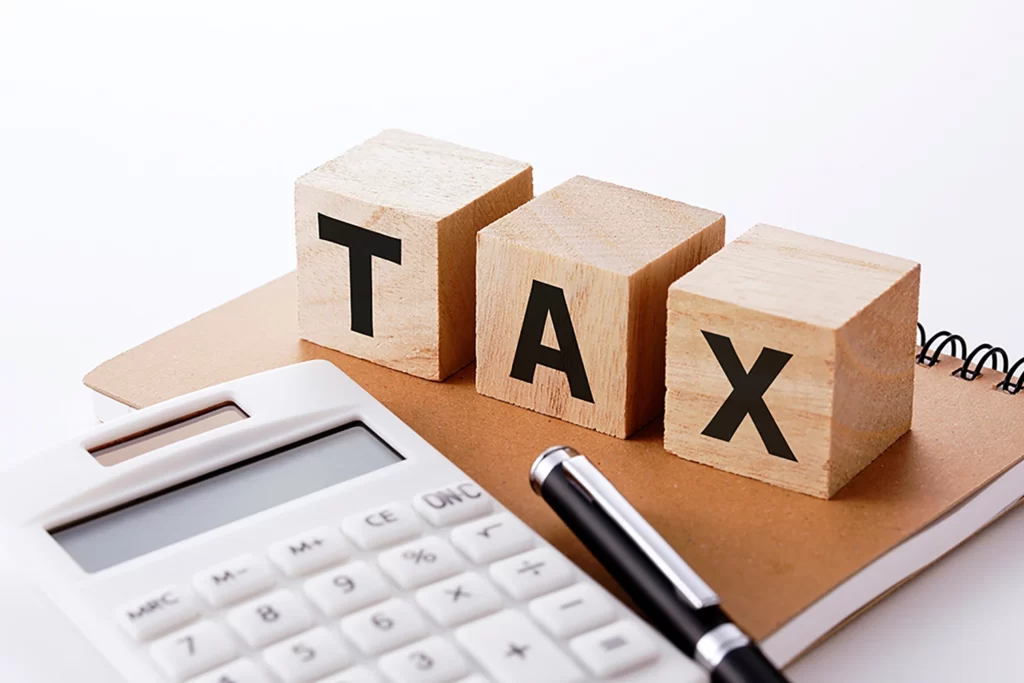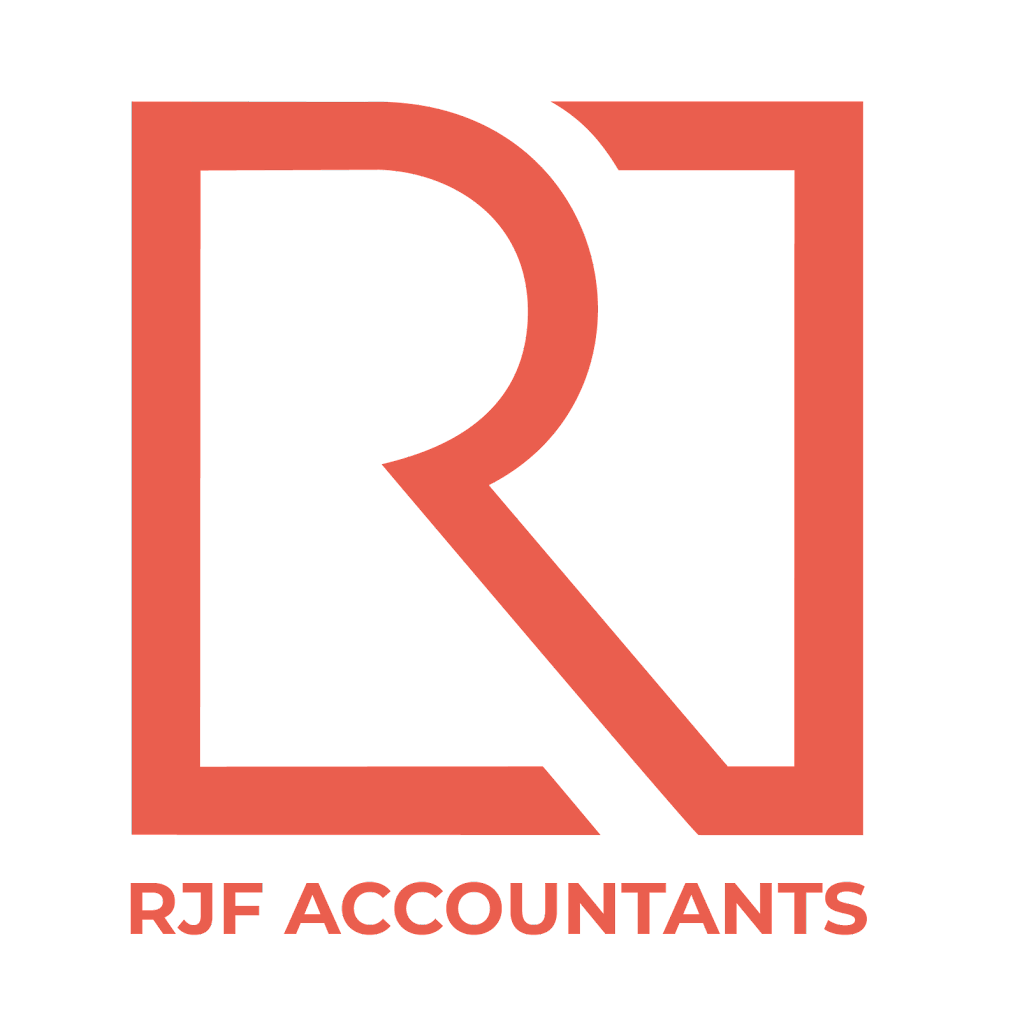All UK limited companies need to pay Corporation Tax on their profits. The rate of tax depends on how much profit is generated. It can be a confusing and tricky process to get your head around – so we aim to explain the main points you need to know for your business.
Blog Contents:
show
What Is Corporation Tax?
Breaking down the basics – Corporation Tax is essentially like Income Tax for businesses, the difference being that businesses don’t have a personal allowance. Essentially, unless you’ve previously recorded losses, you need to start paying as soon as your company begins to make a profit.
Make sure that you register your business for Corporation Tax – it’s one of the first things a small business needs to do. You can register with HMRC – this must be done within three months of trading. Any buying, selling, advertising, renting a property, and employing someone all counts as trading. There is advice available – so get signed up or you could face a fine for registering late.
What do you need to pay Corporation Tax on?
Any profits your company makes from doing trading – investments, selling assets and chargeable gains from business assets, including land, property, equipment, machinery and shares.
The Rates
The Corporation Tax rate for your business profits is now standardised at 19% for all limited companies. Prior to April 2016, it was tailored depending on how much profit the business made.
For the majority of small businesses, the rate most applicable would have been the 20% rate – aimed at companies with profits of £300k or less a year. Businesses with profits of £300k or above had a seperate rate applied, known as the main rate.
The government has committed to keeping the tax rate at low levels – announcing in 2015 that it would be kept at 19%. As of the 2016 Budget, the government plans to reduce the rate to 17% by 2020.
When Do You Need to Pay?
The payment deadline for filing Corporation Tax differs from any other major taxes, like income tax and VAT. The date you must pay by depends on your company’s Corporation Tax accounting period, and payment needs to be completed before you file your company tax return.
Your accounting period, like many small businesses, will come to an end on March 31st – and you need to have settled your Corporation Tax bill by January 1st – giving you 9 months and 1 day. Due to the fact that your accounting period can’t exceed 12 months – you may have two Corporation Tax accounting periods, if you’re within your first year of trading.
The process changes if your business has profits over £1.5m, and you would need to make the payment in instalments. Keep in mind that you still have to declare with HMRC that you have nothing to pay, even if your company is loss-making. Just in case – you can always check your company’s accounting period with HMRC’s online service.
Allowances and relief
When calculating how much tax you owe, bear in mind that there are some allowances available. You will be entitled to deduct costs relating to the running of your business before filing your company accounts.
Examples of allowable expenses include training, accommodation and mileage – all must be necessary to the running of your company and any personal use won’t count.
You may also be able to apply for marginal relief, if your company profits fell between £300k and £1.5m before April 2015. Meaning that your Corporation Tax bill can be reduced depending on the amount of profit you make. If you think you may be entitled to apply, you can also calculate this with HMRC.
Other potential reliefs available to minimise your tax bill include – research & development relief, lower rates on profits earned from patented inventions, creative industry relief and disincorporation relief.
How to Pay
After working out your deadline and how much Corporation Tax you owe – it simply comes down to making the payment.
There are still a varied amount of options for you to pay, with the preferred method being online via card payment. Any payments will take 3 working days to clear. If you favour a more traditional method, you can still make payment at your local bank branch with cash or cheque – as of 2018 you can no longer pay using a personal credit card. Remember that you always need to allow time for your payment to get to HMRC, depending on your payment method.

